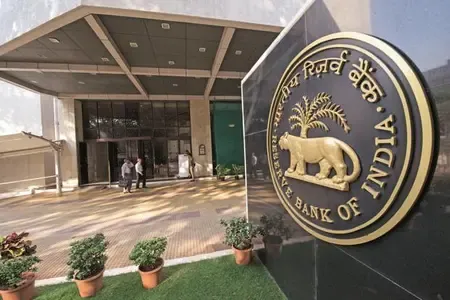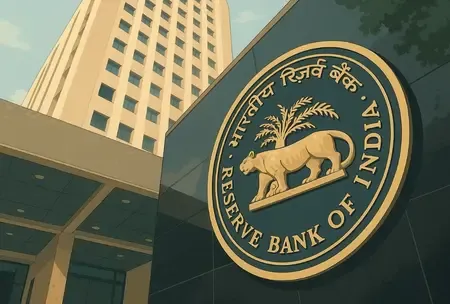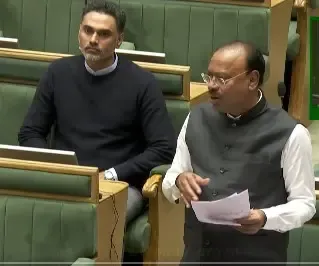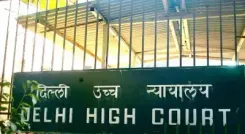Has the Centre Approved the Appointment of Three Judges in the SC?
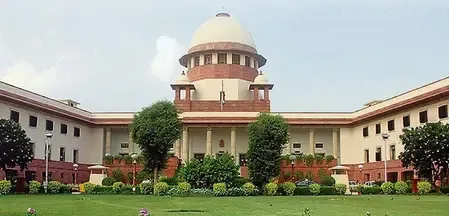
Synopsis
Key Takeaways
- Centre approves three new Supreme Court judges
- Judicial independence emphasized through appointments
- New judges bring extensive legal experience
- Supreme Court's authorized strength is 34 judges
- Collegium plays a crucial role in judicial appointments
New Delhi, May 29 (NationPress) In a decisive move reflecting the recommendations from the Supreme Court Collegium, the Centre on Thursday has officially sanctioned the appointment of three judges to the apex court.
Union Minister for Law and Justice Arjun Ram Meghwal announced via a post on X that the President, after consulting with the Chief Justice of India (CJI), has appointed Justice N.V. Anjaria, who is currently the Chief Justice of the Karnataka High Court; Justice Vijay Bishnoi, who serves as the Chief Justice of the Gauhati High Court; and Justice Atul S. Chandurkar from the Bombay High Court to the Supreme Court.
On Monday, the apex court's Collegium, led by CJI B.R. Gavai, submitted its recommendations to the Centre.
“During the Collegium meeting on 26th May, 2025, the following Chief Justices / Judges of the High Courts were recommended for elevation to the Supreme Court: (i) Mr. Justice N.V. Anjaria, Chief Justice, High Court of Karnataka, (PHC: High Court of Gujarat) (ii) Mr. Justice Vijay Bishnoi, Chief Justice, Gauhati High Court, (PHC: Rajasthan High Court) (iii) Mr. Justice A.S. Chandurkar, Judge, High Court of Bombay,” stated a release on the apex court's website.
Justice Anjaria was first appointed as an Additional Judge of the Gujarat High Court in November 2011, and in September 2023, he was confirmed as a permanent Judge. He took the oath as Chief Justice of the Karnataka High Court on February 25 of last year.
Justice Bishnoi, the current Chief Justice of the Gauhati High Court, was appointed as an Additional Judge of the Rajasthan High Court in January 2013 and became a permanent Judge in January 2015.
Justice Atul S. Chandurkar was appointed as an Additional Judge of the Bombay High Court in June 2013.
According to the existing Memorandum of Procedure (MoP), the CJI, along with the four senior-most judges of the Supreme Court, collectively known as the Collegium, submits its recommendations to the Centre to address the vacancies in the top court.
The Supreme Court is authorized to have a total of 34 judges, including the CJI.


